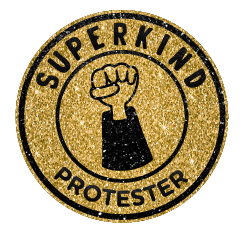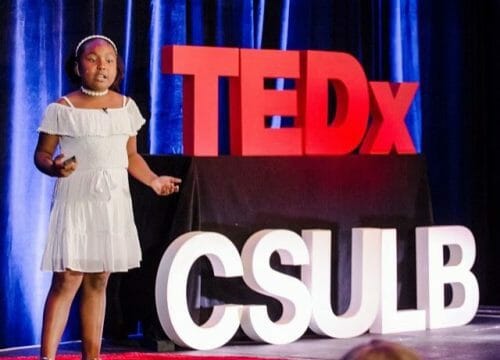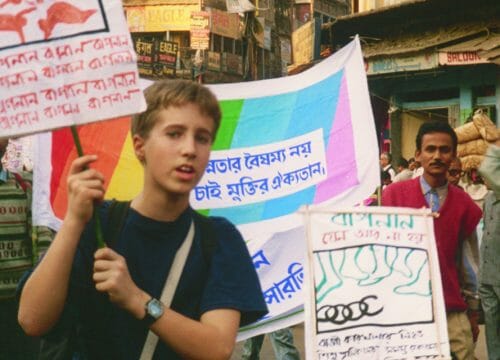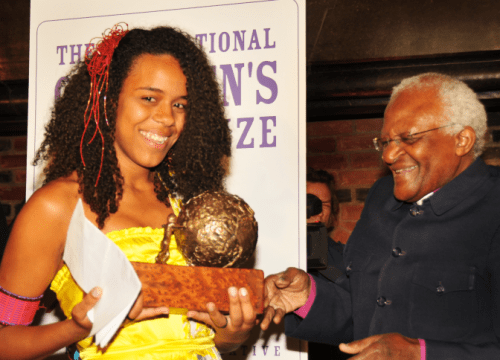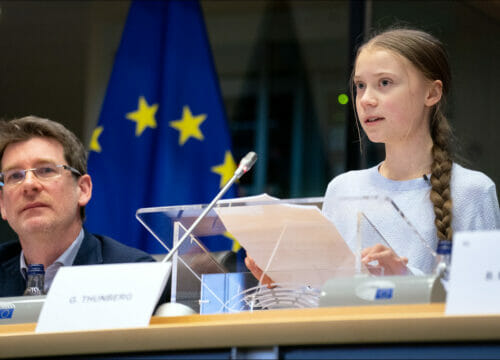Campaigning for the banning of plastic bags in Bali since they were 10 and 12 years old.
Protesting
Protesting
A protest is when people come together to show others they strongly dislike or disapprove of something. For example, people might protest against racism, war or the government’s lack of response to climate change. Protests can take many forms, from individual statements to public mass demonstrations. The most common form of protest is a mass demonstration.
Steps to joining a protest

1. Find a buddy.
Stick with your buddy at all times.
 Ask an adult to join you on your protest and stick with them at all times.
Ask an adult to join you on your protest and stick with them at all times.

2. Find a protest.
Find a protest that supports a cause you care about.
For example, if you care about climate change, you might like to join in with Fridays for Future.
 Ask an adult to help you search for a protest that is safe and enjoyable for people of all ages.
Ask an adult to help you search for a protest that is safe and enjoyable for people of all ages.

3. Research the protest.
Who is organising the protest? Do their views broadly line up with yours? Is the protest suitable for youth activists? It may be useful to check out news articles or social media posts from protests that the organisers have hosted before to predict how this one might go.

4. Research the area.
Make sure you know where the protest is starting and finishing. Consider looking at a map to find Tube and bus stations along the way in case you want to leave early.
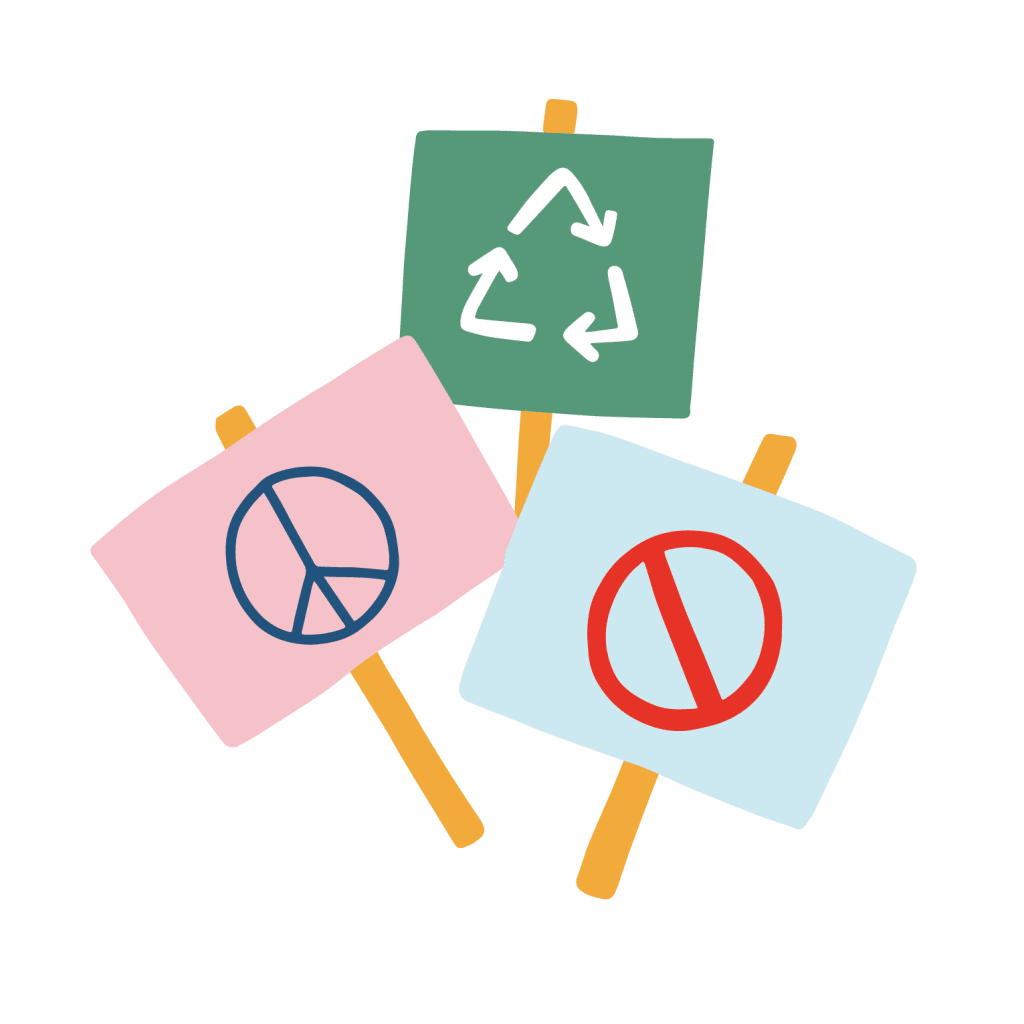
5. Make your signs/banners/placards.
These help raise awareness. The bigger the sign, the more attention you will get. But remember that you will be walking around for a long time so make sure you can carry it. Keep words on your sign to a minimum but make them emotional, witty and bold! You might meet with your buddy in advance and have a banner-making session.

6. Pack enough supplies for a long day out!
This might include money, phone, water, snacks, umbrella, suncream and layered clothes to adjust for the weather.
Steps to creating a protest
If you would like to create your own protest, The 5 Steps to Social Change (created by Citizens UK) is a really good place to start.
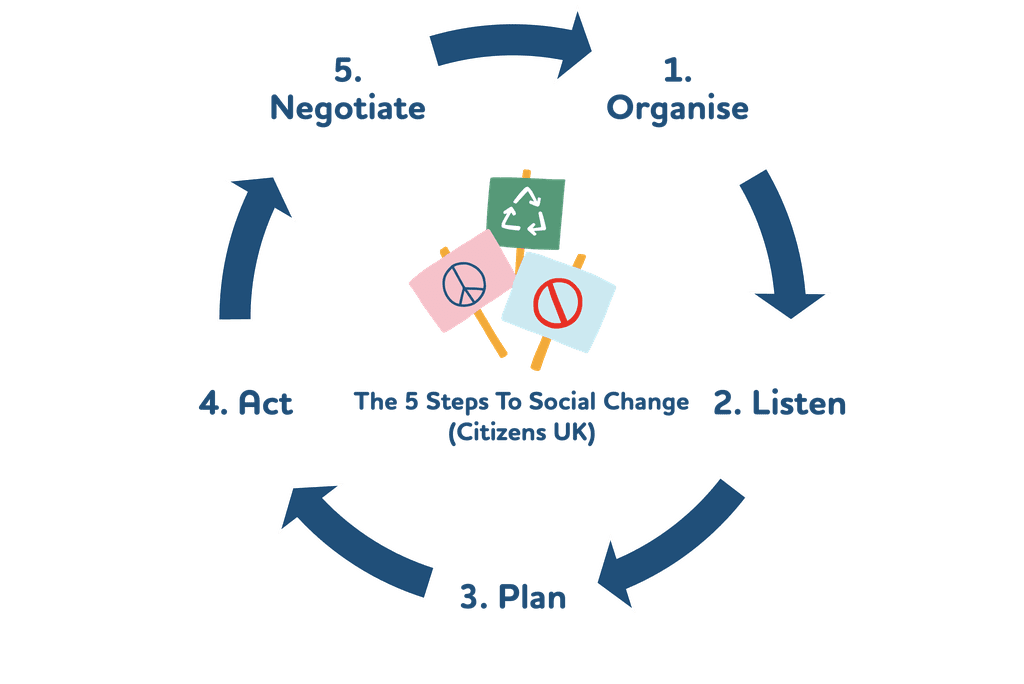

1. Organise.
The first step is to bring together the different people who can be on your side in trying to make a difference – to create your team. It might be friends, teachers, parents or people in your local community who want to see the same change as you do. In most cases, though not always, the more people that you have on your side, the more awareness you will be able to raise for your cause.

2. Listen.
It’s important to listen to everyone on your team, and to other people who are affected by the issues that you are trying to change. That way, we can truly understand where the problems lie – and make sure that everyone on our team feels heard. Particularly if an issue does not affect us directly, we might think we know the problems and solutions, but it’s only by talking to people who are directly affected that we can be sure.

3. Plan.
Taking the time to make a good plan is an essential step in ensuring that we fully understand the problem and that the actions we want to take will be effective. The planning phase will make sure that everyone knows exactly what their role will be, what the actions being taken are, and how we hope this will make a difference. When we try to mobilise a community to make a difference, we are often trying to create change by ensuring that those in a position of power are aware of what we want to change, and that they will listen to us. So it’s really important that we plan an action that will achieve this goal.
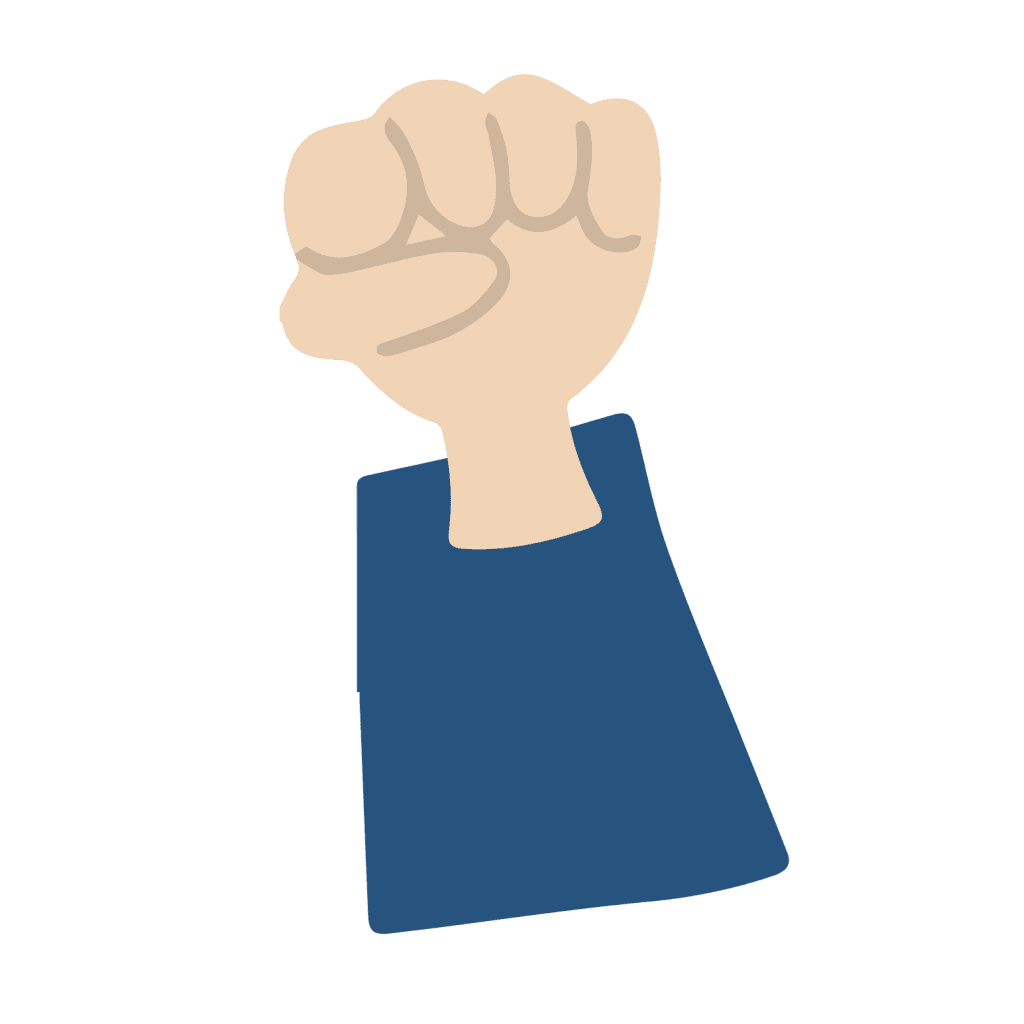
4. Act.
This is when everything comes together. When we take action. Be it a protest, a speech, a petition, an event or something else, this is the actual community action taking place. It can be the most enjoyable part – there is nothing like seeing a community of like minded people come together to make a difference!

5. Negotiate.
When our actions have worked and those in power are willing to listen to us about the changes we want to make, it’s time to negotiate with them. This means talking to them directly, being as persuasive as possible and working together to find a solution that will make a real difference.
Click here to find out more about Community Organising from Citizens UK.

REFLECT
Protesting is not only a great way to make an impact on important causes but it’s also a great way to learn new skills and develop yourself.
Don’t forget to have a think about what went well, what you might have learnt for the future, and the impact of your actions.
For example, did the protest raise the awareness that you wanted? Did you enjoy working with people that you haven’t worked with before?
A Protest that Changed the world
Throughout history there have been some very effective protests. Some have united up to 10 million people to speak out about a problem. Protests have been responsible for huge changes in society. A clear example is the Montgomery Bus Boycott in Alabama (USA) from 5th December 1955 to 20th December 1956.
The boycott started when Rosa Parks, an African American woman, was arrested and fined for refusing to give up her seat to a white man on the bus. The boycott was a non-violent protest where black people simply refused to take buses. They wanted an agreement that black people would be treated equally on buses, with first-come, first-served seating used.
Before the protest, black people formed a huge percentage of the bus riders. So the boycott meant that bus companies lost about 3000 dollars a day (equivalent to 90 thousand pounds in today’s money). They lost over a million dollars (about 30 million pounds today) over the course of the boycott!
After 381 days of protesting, on December 20th, 1956, the laws treating white and black people unequally on buses were changed. The boycotters had won!
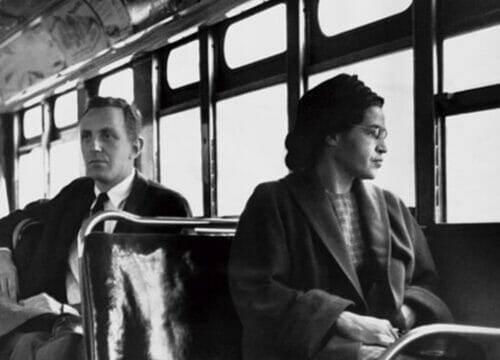
Change-Makers
Protests can make a real difference. These are just some of the change-makers who have organised or taken part in protests that have led to real change:


